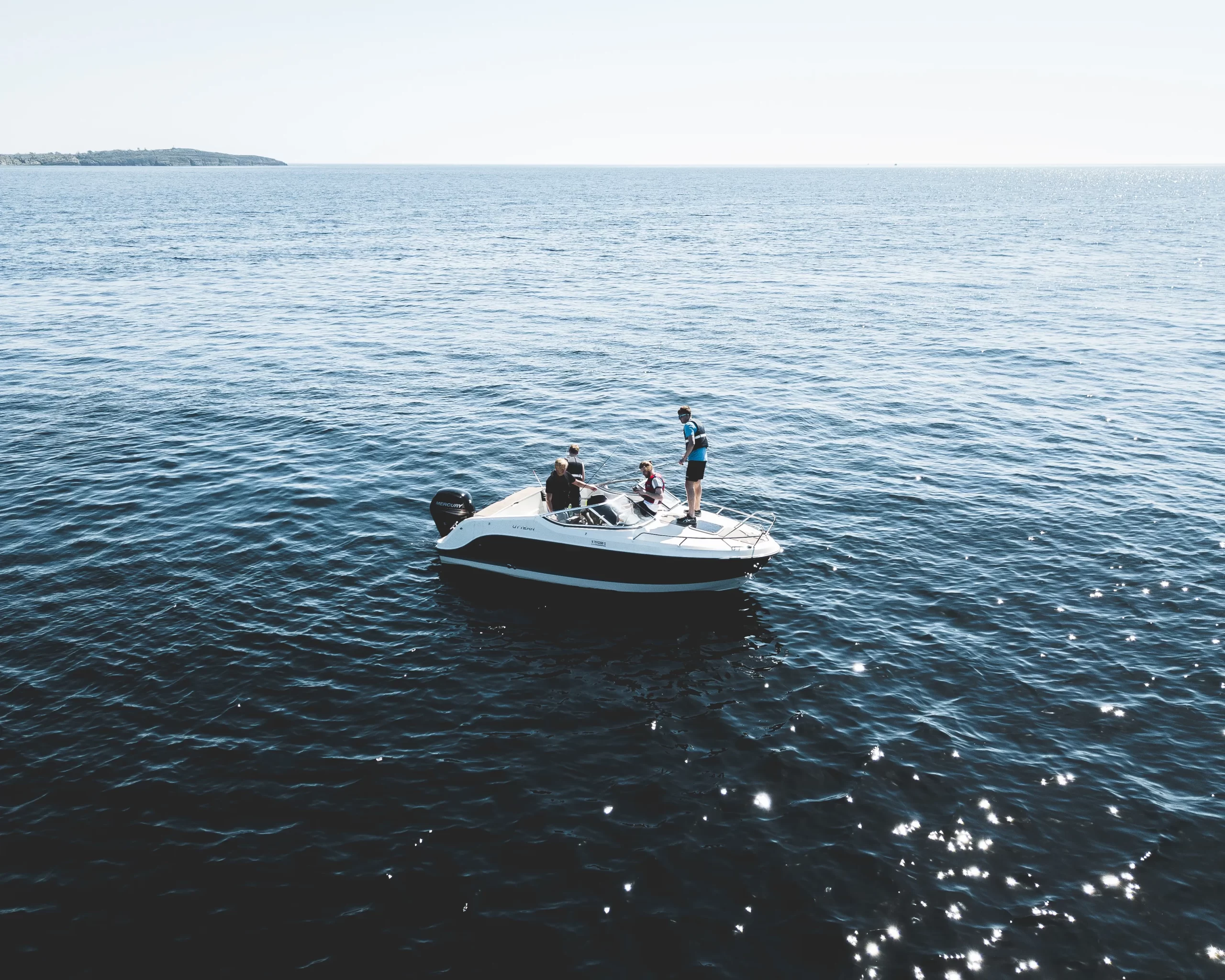If you love to spend your free time on the river with your buddies, it is possible at least one of you has once suggested that you need to buy a boat. Well, while owning a boat is a great thing, you need to know that buying a boat is just the beginning of the story. You need to spend a lot of time maintaining it in order for it to be in good condition to serve you for a long time. This is where articles like this that offer essential boat maintenance tips could be of help to anyone interested.
Table of Contents
Get a Top-Quality Boat
Boats are constantly exposed to harsh environmental conditions such as saltwater, UV rays, and extreme temperatures. These conditions can cause significant wear and tear on the boat over time. By having a boat made of durable materials, you can ensure that it would be able to withstand these conditions and maintain its structural integrity.
Apart from this, using durable and custom marine products can help prevent costly repairs and maintenance. Cheap or low-quality materials may deteriorate quickly, leading to frequent repairs and replacements. This not only adds to the overall cost of owning a boat, but also disrupts your boating experience. By investing in high-quality boat that is made of durable materials, you can minimize the need for repairs and enjoy more time on the water.
A boat made of quality materials can make you feel safe on the water. A strong and sturdy boat is less likely to experience structural failures or accidents while out on the water. This is especially important for larger boats or those used for activities such as fishing or water sports, where the boat may be subjected to greater stress and a lot of strain.
Check For Water in the Fuel
When water gets in the fuel tank it can be bad news. It can cause engine damage and performance issues. When water enters the fuel system, it can lead to corrosion of metal components such as fuel injectors and carburetors. This can result in decreased engine efficiency, poor fuel combustion, and potential engine failure.
Beside this, having water in the fuel can lead to nasty fuel contamination. This can cause clogged fuel filters, fuel line blockages, and fuel pump malfunctions. Contaminated fuel can also result in reduced fuel flow, which can affect the overall performance and reliability of the boat’s engine. The presence of water in the fuel can also promote the growth of bacteria and algae.
These microorganisms will not endanger your health or the well-being of your crew mates, but they can thrive in the moisture and clog fuel filters, injectors, and other fuel system components. This can lead to blockages in the fuel system and reduced engine performance.
Regularly checking for any signs of water in the fuel allows you to identify and address any issues promptly. This can help prevent costly repairs, ensure optimal engine performance, and maintain the overall reliability and safety of your boat.
Paint the Boat
The constant exposure to water, salt, and other elements can cause corrosion on the hull of your boat. By applying a fresh coat of paint regularly, you create a protective barrier that helps prevent corrosion, and extends the life of your boat. Also, there is the danger of osmosis. This is a common problem in fiberglass boats where water can seep into the hull, causing blisters and damage. Painting your boat with specialized marine-grade paint helps seal the surface and prevents water penetration, reducing the risk of osmosis.
Marine organisms such as barnacles, algae, and mollusks can attach themselves to the hull of your boat, leading to increased drag and reduced performance. Regularly painting your boat with antifouling paint helps deter these organisms from attaching and makes it easier to clean the hull.
A well-maintained and freshly painted boat not only looks visually appealing, but also helps maintain its value. Painting your boat regularly can help restore its appearance, making it more attractive to potential buyers if you ever decide to sell the vessel. You could paint your boat with distinctive colors or markings to help with identification and safety. This makes your boat easily recognizable on the water, especially in crowded marinas or during emergencies.
Check the Fuel Hoses
Fuel hoses are essential because they are responsible for delivering fuel from the tank to the engine. You could think of them as blood vessels (pun intended) without which your boat cannot survive. Over time, these hoses can deteriorate, become brittle, or develop cracks, which can lead to fuel leaks. Fuel leaks are not only dangerous, but can also result in engine failure or even nasty fire hazards.
By inspecting the fuel hoses on a regular basis, you can identify any signs of wear and tear such as cracks, bulges, or soft spots. You should check for any loose connections or fittings that may cause fuel leakage. It is impor





